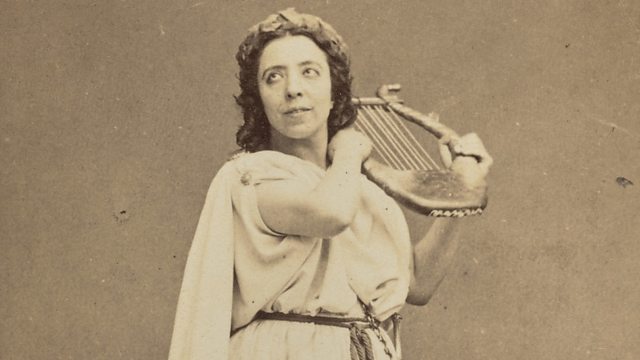Pauline Viardot: 19th-Century diva
Pauline Viardot was known in her own time as an opera singer and society hostess with extraordinary charisma, but today her work as a composer is receiving attention.
While the name of Pauline Viardot may be unfamiliar to many, in her lifetime she was one of the most celebrated performers in Europe. Her interpretation of Orpheus in a revival of Gluck’s opera made the writer Charles Dickens weep, and the novelist George Sand said that whenever she heard Pauline Viardot sing, nothing else mattered. In addition to her vocal talents, Pauline Viardot dazzled in high society. She knew almost everybody who came to define 19th Century European culture, thanks to the regular salon she held with her husband in their Parisian townhouse. Acclaimed poets, musicians, composers, artists and even royalty would come to take tea, listen to music, network, perform and share ideas.
Alas there are no recordings of her magnificent voice, even though her later years coincided with the beginning of the recording industry. But today Pauline Viardot’s legacy is being rediscovered as a composer, with works that were performed at her salons reaching new audiences.
Bridget Kendall is joined by Hilary Poriss, associate professor of music history at Northeastern University in Boston who is writing a monograph on Pauline Viardot to be published by the University of Chicago Press; Patrick Barbier, emeritus professor at the West Catholic University in Angers, and author of a biography of Pauline Viardot and her sister; and Richard Langham Smith, who has published widely on 19th and early 20th Century French music and is currently research professor at the Royal College of Music in London.
Producer: Fiona Clampin
Last on
More episodes
Broadcasts
- Thu 1 Apr 2021 09:06GMTΒι¶ΉΤΌΕΔ World Service
- Thu 1 Apr 2021 23:06GMTΒι¶ΉΤΌΕΔ World Service
- Sun 4 Apr 2021 13:06GMTΒι¶ΉΤΌΕΔ World Service
Featured in...
![]()
Music and musicians—The Forum
Why does the world sound like it does?
Podcast
-
![]()
The Forum
The programme that explains the present by exploring the past



